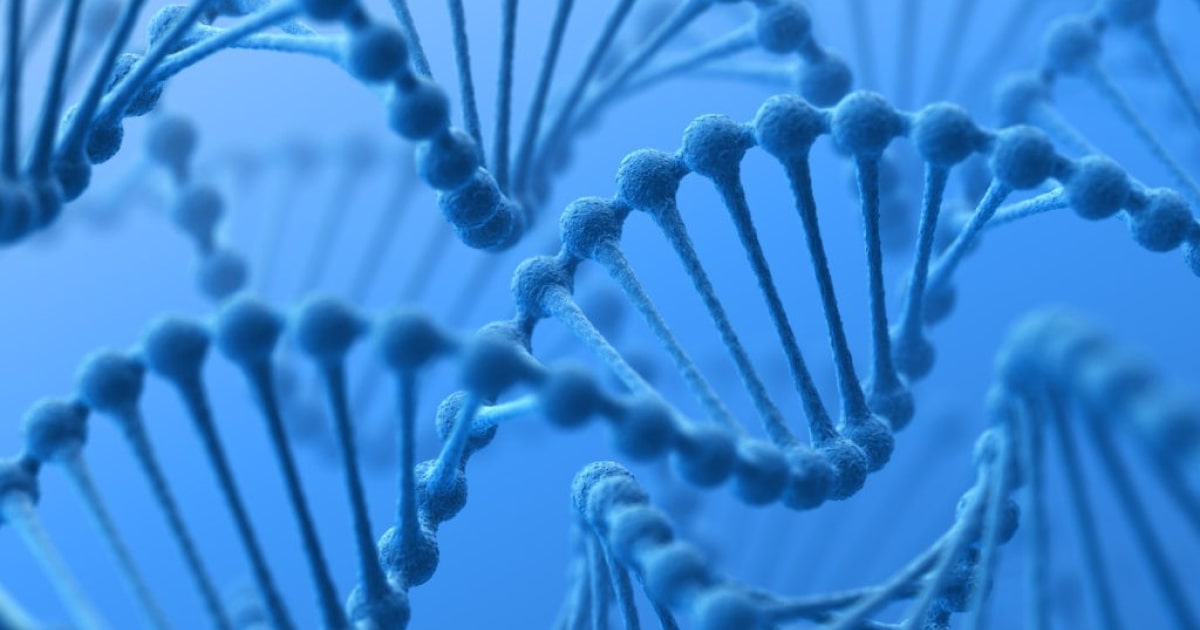
Expert Reviewed By: Dr. Brandon Colby MD
High-density lipoprotein cholesterol (HDL-C) is often referred to as the "good" cholesterol because it helps remove low-density lipoprotein cholesterol (LDL-C), or "bad" cholesterol, from the bloodstream. Maintaining a healthy balance of HDL-C and LDL-C is essential for overall heart health and reducing the risk of cardiovascular diseases. In this article, we will explore the genetic factors influencing HDL-C levels, specifically focusing on the High Density Lipoprotein Cholesterol Level Quantitative Trait Locus 12 (HDL-C QTL12), and discuss the potential benefits of genetic testing in understanding and managing this condition.
Genetic Determinants of HDL-C Levels
Several genetic factors contribute to an individual's HDL-C levels, including monogenicity, polygenicity, and "missing" heritability. Monogenic factors involve a single gene mutation that has a significant impact on HDL-C levels, while polygenic factors involve multiple genes that each have a small effect on HDL-C levels. "Missing" heritability refers to the unexplained genetic factors that contribute to HDL-C levels, which may include gene-gene interactions, gene-environment interactions, and other complex factors1.
High Density Lipoprotein Cholesterol Level Quantitative Trait Locus 12
HDL-C QTL12 is a specific genetic locus associated with HDL-C levels. A quantitative trait locus (QTL) is a region of DNA that is associated with a particular measurable trait, such as HDL-C levels. Identifying and understanding the specific genes and genetic variants within these QTLs can help researchers develop targeted therapies and interventions to improve HDL-C levels and reduce the risk of cardiovascular diseases1.
Uses of Genetic Testing for HDL-C QTL12
Genetic testing can provide valuable information about an individual's risk for developing conditions related to HDL-C levels, such as cardiovascular diseases. Some of the potential benefits of genetic testing for HDL-C QTL12 include:
- Early detection and intervention: Identifying individuals with genetic variants associated with HDL-C QTL12 can help healthcare providers develop personalized treatment plans to manage cholesterol levels and reduce the risk of cardiovascular diseases.
- Family planning: Couples with a family history of cardiovascular diseases or abnormal cholesterol levels may benefit from genetic testing to better understand their risk of passing these conditions on to their children.
- Targeted therapies: As researchers continue to identify and understand the specific genes and genetic variants within HDL-C QTL12, targeted therapies can be developed to improve HDL-C levels and reduce the risk of cardiovascular diseases.
Diagnosing HDL-C QTL12
Diagnosing HDL-C QTL12 typically involves a combination of blood tests to measure cholesterol levels and genetic testing to identify specific genetic variants associated with the condition. Healthcare providers may also consider an individual's family history of cardiovascular diseases and other risk factors when making a diagnosis1.
Conclusion
Understanding and managing HDL-C levels is critical for maintaining overall heart health and reducing the risk of cardiovascular diseases. Genetic testing for HDL-C QTL12 can provide valuable information about an individual's risk for developing conditions related to HDL-C levels and help healthcare providers develop personalized treatment plans. As our understanding of the genetic factors influencing HDL-C levels continues to grow, targeted therapies and interventions can be developed to improve cholesterol levels and reduce the risk of cardiovascular diseases.
About The Expert Reviewer
Dr. Brandon Colby MD is a US physician specializing in the personalized prevention of disease through the use of genomic technologies. He’s an expert in genetic testing, genetic analysis, and precision medicine. Dr. Colby is also the Founder of and the author of Outsmart Your Genes.
Dr. Colby holds an MD from the Mount Sinai School of Medicine, an MBA from Stanford University’s Graduate School of Business, and a degree in Genetics with Honors from the University of Michigan. He is an Affiliate Specialist of the American College of Medical Genetics and Genomics (ACMG), an Associate of the American College of Preventive Medicine (ACPM), and a member of the National Society of Genetic Counselors (NSGC)